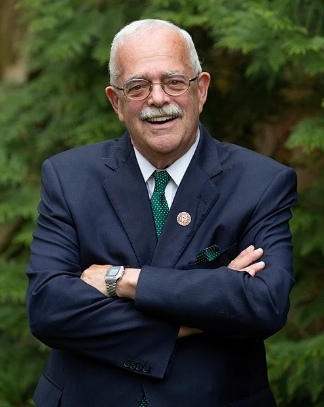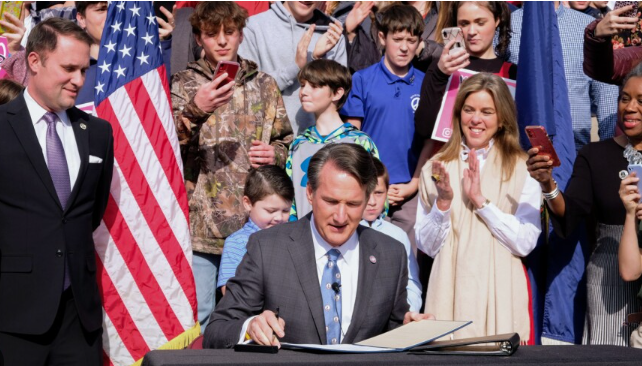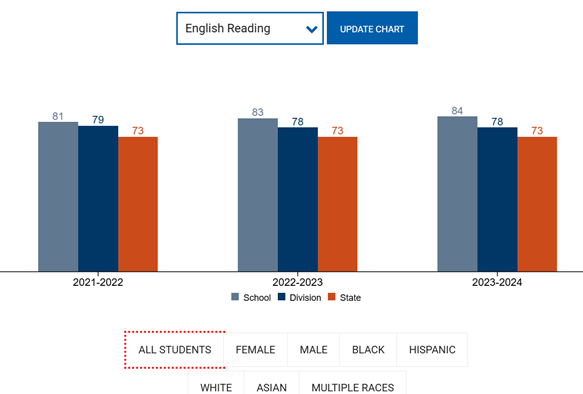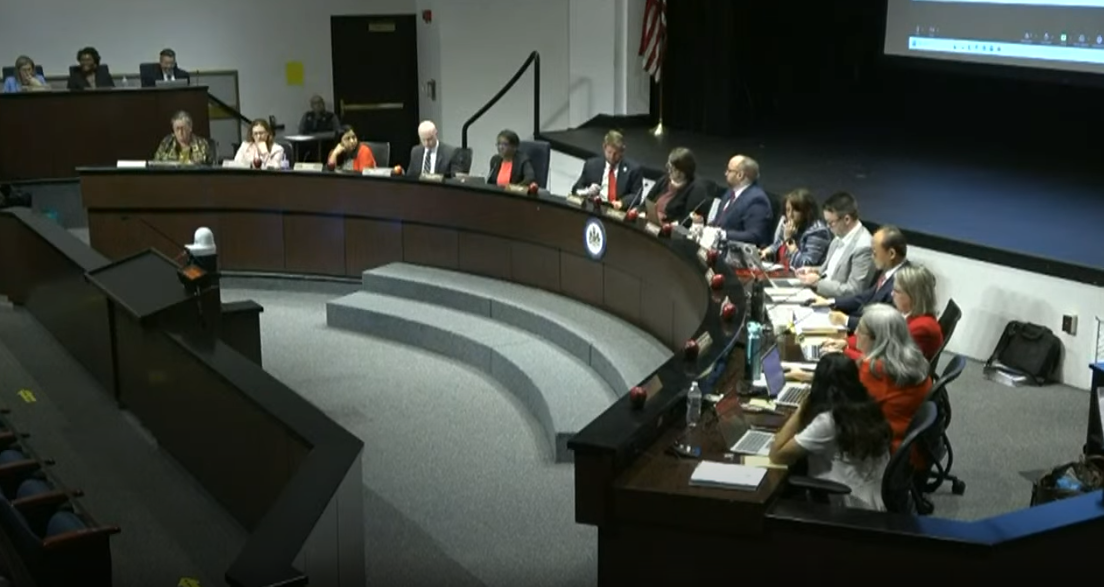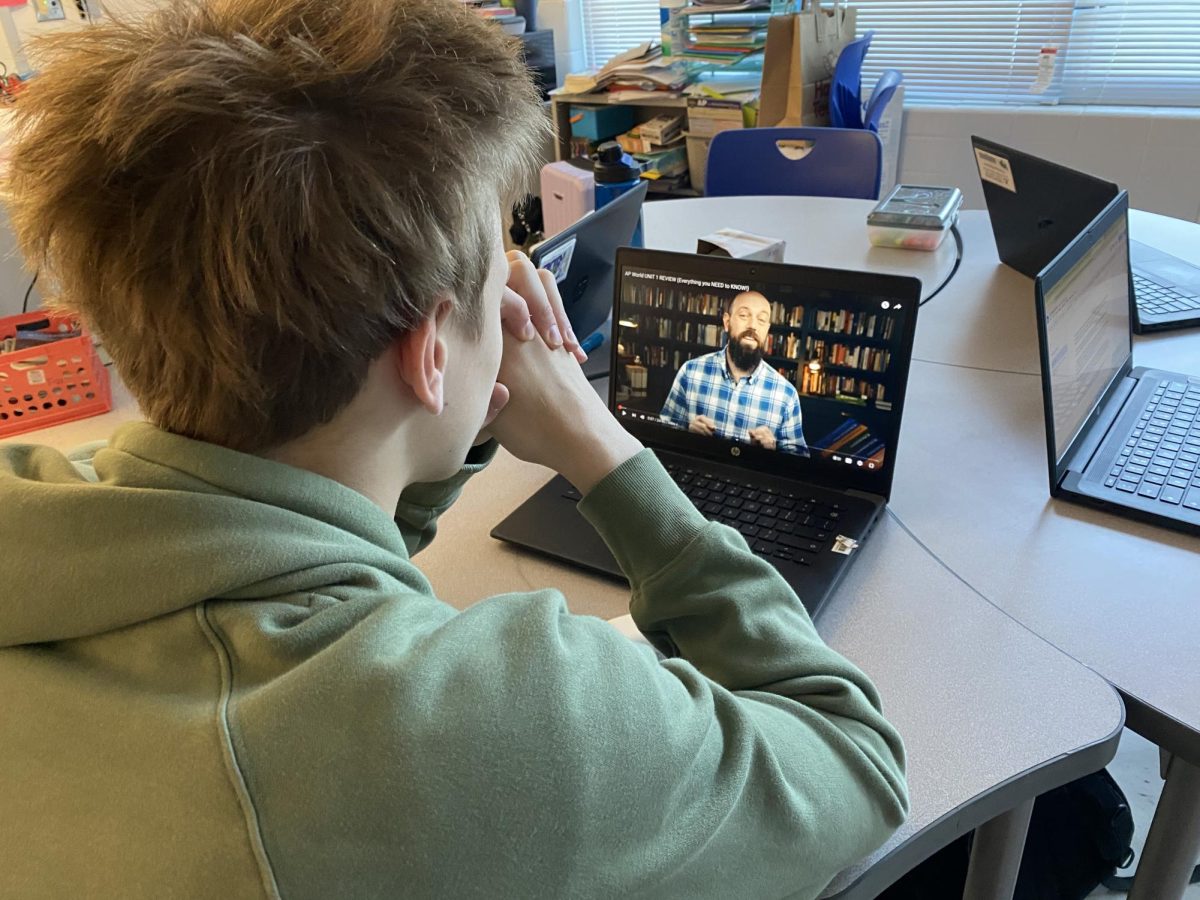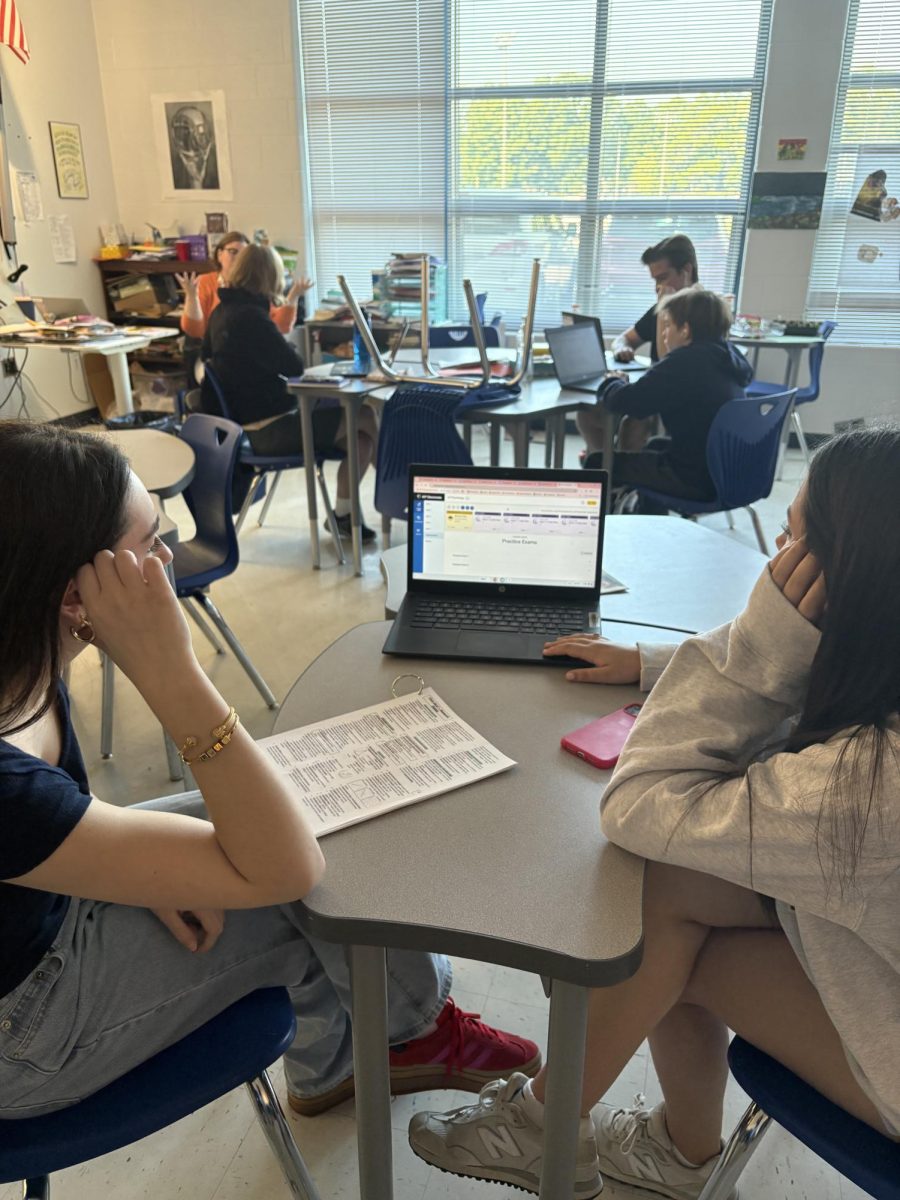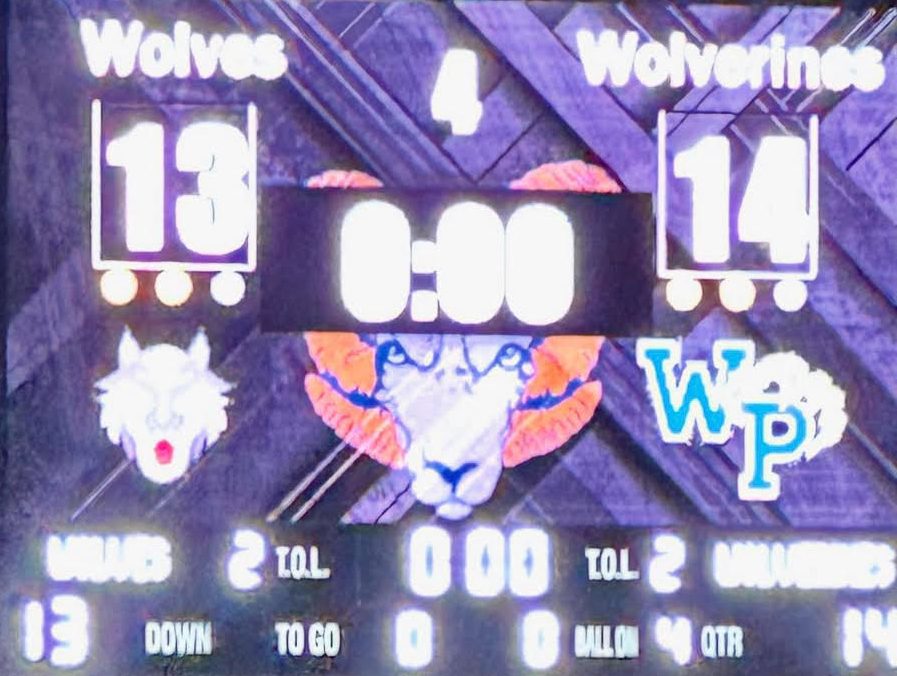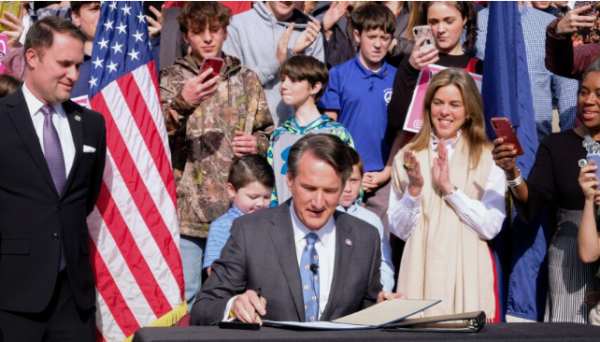Principal Case’s Thoughts: The Budget Deficit
The Implications of an $80 Million Gap
It’s no big secret, FCPS is broke. Next year, the county faces a budget deficit of biblical proportions for its school system, and there is no easy fix in sight. Even though this is a massive problem, many people at West Potomac aren’t aware of the implications that such a large deficit may have on the school as a whole, and on regular students such as themselves. So to learn more, I asked our principal, Mr. Case, about what we should expect from a budget deficit of such a large scale.
DR: In what way do you think the budget deficit will impact regular students the most?
AC: Probably the most likely thing to happen is some sort of class size increase, or a reduction in what’s called needs-based staffings, which is an additional allocation of teacher positions to schools that have higher levels of poverty in the community, and both those things are things that West Potomac benefits significantly from. So I’m worried about class size increase in particular because when they had the last major budget problem, they increased class size by one student in every class at the high school level, and they didn’t increase it the same size to the elementary and middle schools. They wanted to keep those classes small.
So the average class size should be 31 and a half students per class. We have several examples where we’re at about 30, 31, 32, in this building, but the majority of classes are well under 30, because we use the needs-based staffing to try to reduce the class size as much as possible. However, some of our rooms just aren’t big enough to hold more than 30 students, and so I worry about any budget scenario where there’s a class size increase, because that’s going to be hard to implement here.
DR: How are you trying to deal with the overcrowding that we have at West Po?
AC: So one of the things I do is, in about the March time of each year, I get a projection of how many students we’re going to have next year, and we look at options for how to create more space. We’ve added 14 trailers in four years, and that’s been one way to give us additional classroom space. The county has been very responsive to the requests I’ve had.
We also look at options for reconfiguring rooms. So there’s examples of places that used to be storage rooms that we converted to classrooms. We have more and more floating teachers each year, we are one of the high schools with the longest passing time in the county…to manage the overcrowding we gave kids more time to walk from class to class. We try to create as much temporary space as possible, and then there’s talk long-term of potential boundary changes that might decrease our total population size. But I wouldn’t anticipate that happening anytime soon since it’s election year, and that’s a politically charged topic.
DR: So are you planning on cutting any programs this year?
AC: I don’t anticipate any wholesale program cuts, no. One of the suggestions that has been raised for the budget work was…potentially [reducing] the number of classes that students take at the high school level from seven to six…It’s not very popular though, since it limits the number of chances you have if something goes wrong in your high school career. For example, if you really struggle with a math class, how do you catch up if there’s not extra electives that you can take in the course of your high school career?
It also threatens some of the arts and electives courses, and one of the things that we’re very proud of at West Potomac is over 60% of our master schedule is classes that are only offered once or twice- what we call singletons or doubletons…so our student services office has an incredible challenge of making that puzzle work and getting all the required courses at the same time, since it’s hard to schedule singletons and doubletons.
The only risk for that is, if class sizes increase dramatically and we just have fewer teachers, we have to take a look seriously at whether or not we can run electives courses that don’t have enough students…So our threshold for the last several years has been if at least 20 kids sign up in the January, February, March timeframe, then we run the class and at least see, but if the average class size is 31, I won’t be able to run some of those specialty courses unless there’s 31 students signing up for it. And I would hate to do that, be use that’s how we’re getting AP Music Theory, AP European History, Human Geography, Debate…
DR: Has the “Balance the Budget” tool received much attention from the community?
AC: Yeah, we had a meeting last week to go through some of the most common proposals. It’s very active, but one of the things I would say there’s been a push for is to get students and staff members to participate in it. Right now there are lots of single issue voters, people that don’t like one thing about a school or a school system, and they’re making scenarios and having their friends make scenarios based in that. So you have people that want to protect late start times as the number one thing, and people that don’t like late start times that are putting ideas in.The more people participate in it, the better.
DR: How do you expect to keep teachers in FCPS when they’re getting better offers from other school districts?
AC: It’s a challenge. We lost six faculty members at West Potomac between last year and this year because they were offered contracts in Alexandria or Arlington, which are neighboring jurisdictions that pay more money than Fairfax. So that’s something that, as principals, we talk to human resources, and the superintendent asks [principals] help with getting a better solution. I think what you’ll see when the actual budget comes out is a proposal that tries to begin addressing that problem. But the superintendent has also said that it’s going to take a year where we do six, seven, or eight percent raises to teachers to actually get us back into competition with some of those surrounding jurisdictions that are taking teachers from us.



